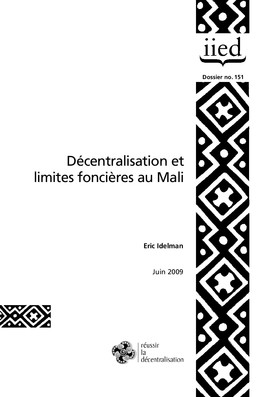Arab Region SDG Index and Dashboards Report 2019
The Arab region is a diverse one when it comes to sustainable development. In recent years and decades, we have seen both major success stories in prosperity and stability, but we have also witnessed tragic conflicts and wars. At the same time, the 22 countries of the region are bound together by a common history, language and culture. We share many similar challenges and opportunities. Instability and human insecurity are in no one’s interest.


